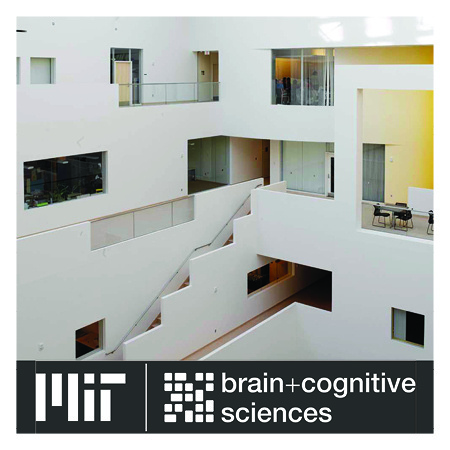
Victoria Beja-Glasser Thesis Defense: Investigating the physiological function of Alzheimer’s disease risk gene Abca7 in the central nervous system
Description
Committee members: Drs. Mriganka Sur, Li-Huei Tsai, Guojun Bu, and Guoping Feng (advisor)
Abstract:
Alzheimer’s disease (AD) is the most prevalent neurodegenerative disorder, and there is currently no cure or preventative treatment. Therefore, understanding what makes certain people more susceptible to AD is critical to developing effective therapeutic strategies. Large-scale genome-wide studies have identified several risk genes for AD, opening a new era of mechanistic studies of AD pathogenesis. One key candidate that increases the risk of AD, especially in African American and Non-White Hispanic populations, is ATP-binding cassette transporter A7 (Abca7). Early in the disease pathogenesis, AD patients who harbor mutations in Abca7 have been shown to have very robust β-amyloid deposition and exhibit impairments in multiple cognitive domains; yet, how Abca7 mutations contribute to increased AD risk remains elusive because its normal role in the central nervous system is poorly understood. The overarching goal of my thesis work is to explore the normal function of Abca7 in the intact brain, which may provide crucial knowledge to understand its role in AD. In this talk, I will present the spatiotemporal regulation and subcellular localization of the Abca7 protein in vivo. Next, I investigate gene and gene pathways in which Abca7 is involved. As the closest homologous protein of Abca7 is Abca1, a critical cholesterol and lipid transporter in the body, I also explore the potential role of Abca7 in neuro-lipid processing. Taken together, this work is the first to provide the groundwork for understanding the physiological function of Abca7 in the brain, which will help guide future studies of its link to increased AD risk and pathogenesis.

